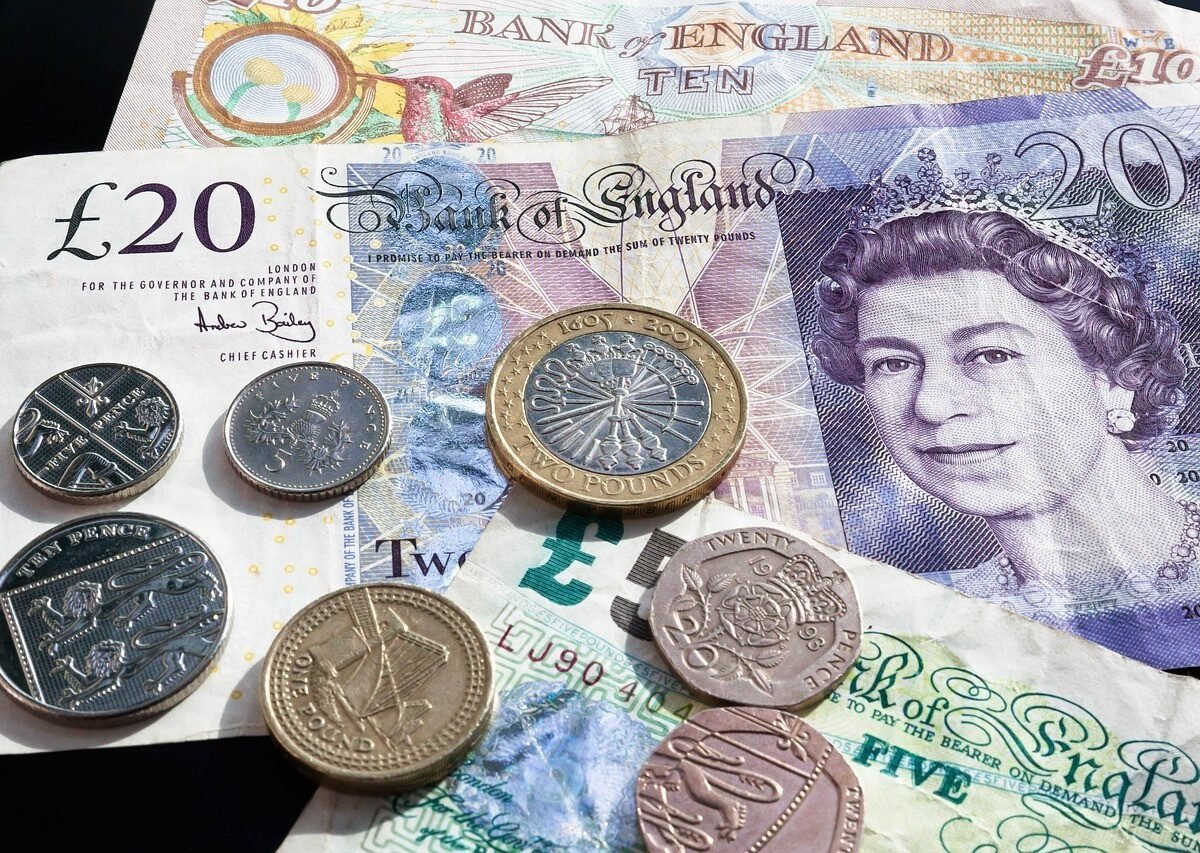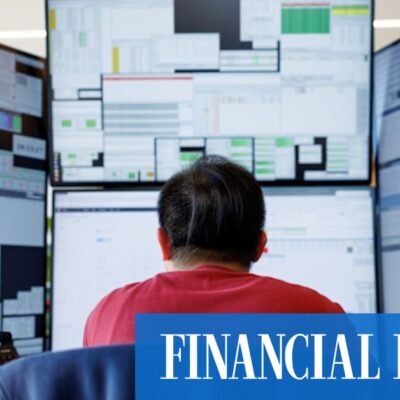Leverage can be the best tool you have in your trading arsenal or can lead to the end of your trading career. The difference between succeeding and failing as a leveraged trader lies in diligence, knowledge, and a bit of practice. There are a few essential things to remember before trading with more money than you have, and by the end of this piece, you should know more about them.
Understanding Leveraged Trading
Imagine a world where you can trade with significantly more money than you have in your savings. That’s what leveraged investments are about. They allow you to open positions worth more than the money you deposit. This investment has different forms, like leveraged exchange-traded funds (ETFs), margin loans, and Contract for Differences (CFDs). One of the most common in the UK is Contract for Differences (CFD).
CFD is a financial tool allowing users to speculate on prices without taking ownership of the assets being traded. It’s highly beneficial because it will enable brokers and traders to trade the difference between an asset’s opening and closing price. When trading this asset, the most important thing to note is that you’re predicting whether the said asset will rise or fall. If you think the market will increase, you’ll buy (going long). Conversely, if you believe the price will likely fall, you’ll sell (going short).
CFDs offer a great new way to trade the markets by not requiring asset ownership but rather focusing on price movements. These leveraged investments are relevant in several markets for a number of reasons, like the opportunity they offer traders to access wider markets, profit from speculations, and hedge, among others.
Wider Market Access

Many successful investors started small by trading with the bit of money they earned or pooled from friends and family. You’re most likely in the phase where you believe in your trading potential but cannot trade more robustly. Like other investments in this class, CFD trading allows you to access a wide range of assets without owning them. These assets include shares, indices, commodities, cryptocurrencies, and forex. You get to speculate across several securities, diversify, and expand your profitability across several investment pools, even with little capital.
Short-Term Speculation
Every healthy investment portfolio should include short, medium, and long-term positions at differing ratios based on your investment goals. Leveraged trading offers you the opportunity to fulfil your short-term market dreams. You can often open and close positions in a few hours, which is the norm for many transactions done using this strategy. The ability to quickly trade promising positions is highly sought by most people active in the markets. You can achieve a lot through short-term market activities and speculation.
Hedging
Are you aware of the hedging potential this trading strategy affords you? There are many ways to describe hedging, but the most straightforward explanation is investing in an asset to minimise or counter potential losses associated with another asset or investment. In more detailed terms, to hedge in the financial ecosystem is to maximise possible returns for your investments while minimising risks. CFD trading can be your way to hedge against market activities associated with your other trades. Imagine trading the price difference on a commodity after going long or short; it’s another way to ensure that when you win, you win as much as possible, and when losses occur, they are minimised.
Leveraged Trading Can Be Risky

Leverage Goes Both Ways
You already know that you can invest with more money than you have and improve your potential returns, but are you also aware that you’re also increasing how much you’re liable to lose on unfavourable investments if things go wrong? Let’s say you trade £100 without leverage. If you lose your investment, you go broke and go about your day. If you trade £100 as 20% of your leverage position and the position goes poorly, you’re not only broke but also owe your broker the difference they offered to facilitate your position.
Risk Management Is Essential
The ability to trade in more diverse markets than you thought possible and with more money than you have can be enticing to many, but these opportunities will only hasten your downfall if you fail to instil proper risk management procedures. Being active in different markets, diversifying your portfolio, being disciplined with your leverage and margins, and not investing too much in any position will ensure that you remain grounded as you navigate the finance ecosystem.
Be Professional and Disciplined
CFD trading can be your tool to becoming a force to be reckoned with in the financial ecosystem. Still, you can only achieve this feat if you’re diligent, disciplined, professional, and willing to remain a student of the game. Welcome to the present and future of investing.





